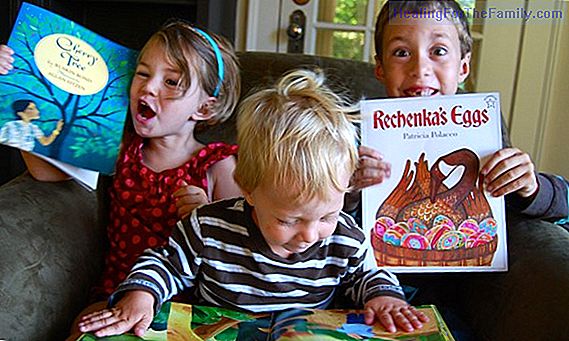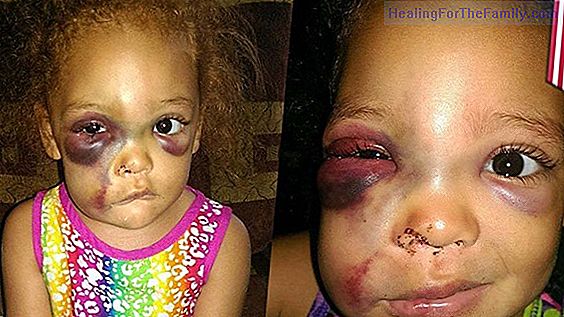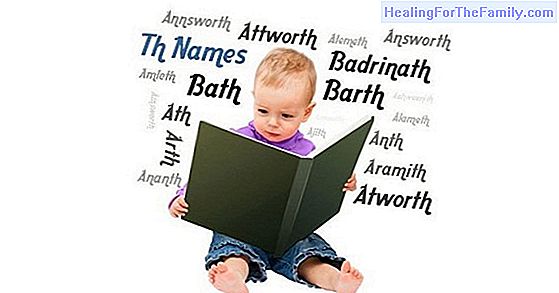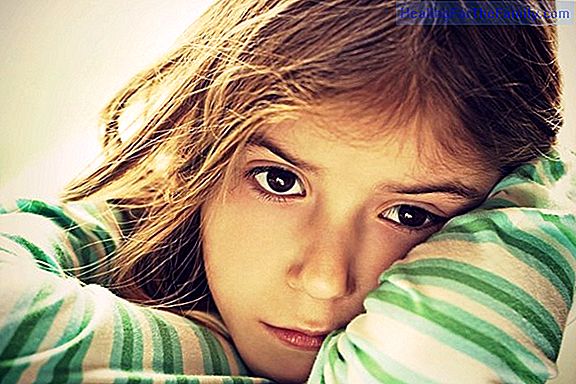Honesty. Values in the education of children
What is honesty ? How can we teach children to be honest? Honesty is one of the most important values in the formation of children's personality and character. It is the basis of your relationships with others. An honest person attracts the trust and respect of others. What can we do to get our ch
What is honesty? How can we teach children to be honest? Honesty is one of the most important values in the formation of children's personality and character. It is the basis of your relationships with others. An honest person attracts the trust and respect of others. What can we do to get our children to be honest with us, with other family members and friends?
10 tips to educate honesty in children
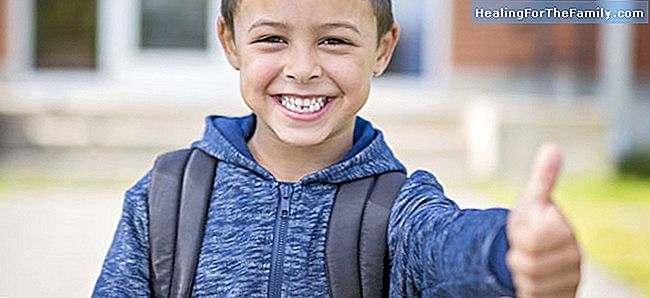
Honesty is a value that once learned and assimilated, becomes an attitude that sows confidence in oneself and in those who are in contact with this person. Being honest makes children act always based on truth and justice.
To offer an education in honesty to children, both parents and educators have a great mission in hand. Follow some tips so that the awakening of honesty in children is a reality:
1- Honesty attracts honesty. So the first thing parents and educators should do is preach this value by example. It is doing what you can and not what you can not, for example. It is doing what is said and not saying and promising and then not fulfilling.
2- To develop honesty in a child it is necessary to form notions, knowledge, skills, feelings and emotions, experiences and experiences that lead him to be honest.
3- First, teach children to be honest with themselves. Bring them to know their limitations, their virtues and defects, and their behavior.
4- It is important to let children know that honest behavior generates good friends and positive moral recognition in others.
5- To be honest is to strive to do something useful for the benefit of others, without expecting anything in return.
6- To be honest is to respect others, is not to appropriate what is foreign, is to be honest in the relationship with the other, is not to lie and always tell the truth, no matter how hard it is.
7- At school, teachers can invite children to make drawings or to paint and color them in which the help is highlighted to other people.
8- Children can internalize examples of honesty through conversation, observation and play with their parents, siblings and educators.
9- For every honest behavior that children develop, we should know how to reward them in their time. The prize can reinforce this behavior in children.
10- Talk to children about the consequences of dishonesty. A dishonest person may suffer from loneliness, from anxiety, from being labeled as a liar, from not having friends or the trust of others.





